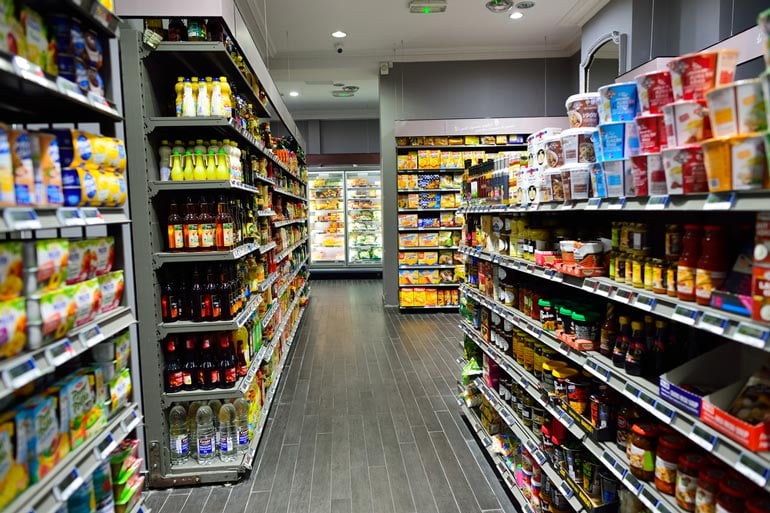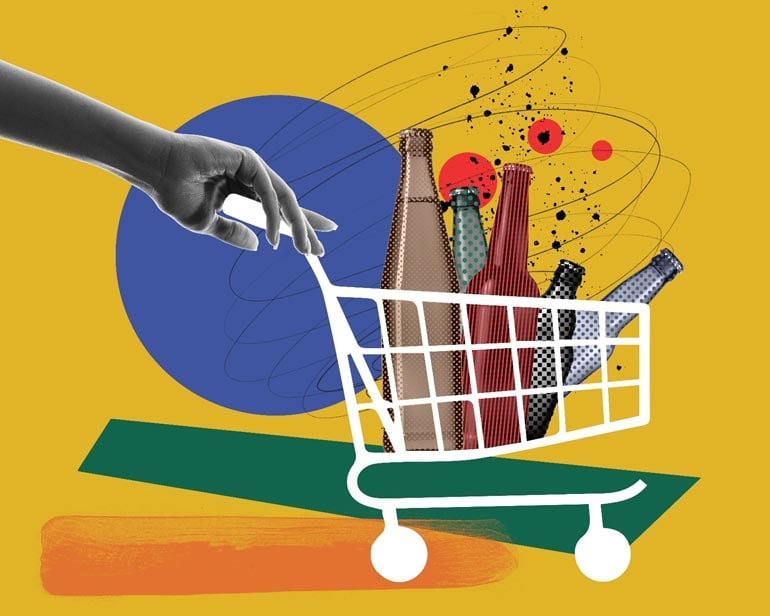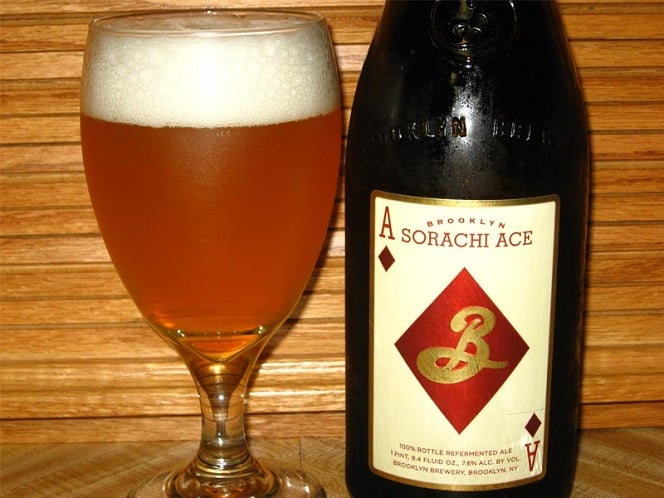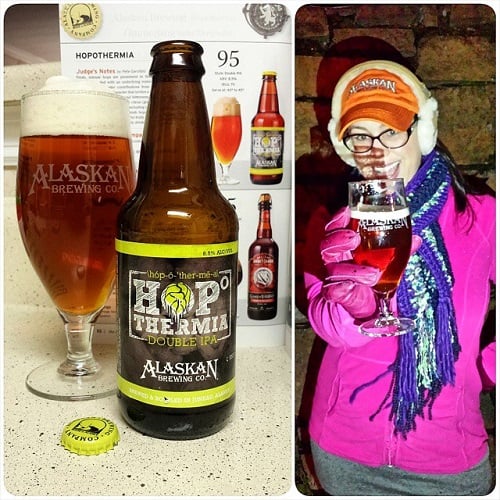Why You’ll See Beer, Wine, Ciders, and Coolers in Convenience Stores in Ontario, Canada Starting This September
Starting September 2024, Ontarians can buy beer, wine, ciders, and coolers at local convenience stores, thanks to Premier Doug Ford’s new legislation. This change aims to enhance consumer convenience and diversify the alcohol retail market, with grocery stores joining in phased rollouts.

Starting this September, Ontarians will notice a significant change in their local convenience stores—beer, wine, ciders and coolers will now be available for purchase. This development follows a major announcement by Premier Doug Ford, marking a shift in the province’s alcohol retail landscape that aims to enhance convenience and provide more options for consumers.
The New Rules
The move to allow alcohol sales in convenience stores is part of Premier Ford’s broader strategy to modernize Ontario’s alcohol retail system. According to the recent announcement, the legislation will enable convenience stores across the country to sell a variety of alcoholic beverages, including beer, wine, ciders, and coolers starting on September 1, 2024. Additionally, the limited number of grocery stores already licensed under the existing system will begin selling these beverages under the new system on August 1, 2024, further broadening access for consumers. Grocery stores not previously licensed will be allowed to start selling alcoholic drinks starting October 31, 2024.
Historical Context
For decades, alcohol sales in Ontario have been tightly controlled. The Beer Store, owned by major brewers, and the Liquor Control Board of Ontario (LCBO) have dominated the market. While the LCBO and the Beer Store will continue to operate, the new legislation will diversify the retail environment, offering more competition and potentially driving innovation in the market.
Cross-Country Comparison
Ontario’s move aligns with trends seen across other provinces in Canada. For instance, Quebec has allowed beer and wine sales in convenience stores for years, providing a model for Ontario to follow. Similarly, British Columbia and Alberta have more liberal policies regarding alcohol sales, which have been well-received by consumers in those provinces.
Impact on Consumers and Retailers
The introduction of alcohol sales in convenience stores is expected to have several impacts:
Consumer Convenience
One of the most significant benefits will be the increased convenience for consumers. With longer operating hours and more locations, convenience stores will make it easier for Ontarians to purchase alcohol outside the traditional hours and locations of LCBO and Beer Store outlets.
Economic Benefits
For convenience store owners, this change represents a significant opportunity for increased revenue. The ability to sell alcohol could attract more customers and boost sales of other products as well. Additionally, the province stands to benefit from increased tax revenues from alcohol sales.
Regulatory Compliance
Retailers will need to ensure they comply with stringent regulations regarding the sale of alcohol. This includes verifying the age of purchasers, proper storage of alcoholic beverages, and adherence to specific hours of sale. The Alcohol and Gaming Commission of Ontario (AGCO) will oversee compliance and ensure that convenience stores meet all legal requirements.
Mea Culpa: Pricing Concerns
It is important to note that liquor will, at least for now, be sold to convenience stores at just a 10% discount from suggested retail price, meaning the actual retail price in these stores might be higher than it currently is in authorized LCBO stores. This may affect consumer perception and purchasing decisions, so it’s crucial for shoppers to be aware of potential price differences.
Conclusion
The introduction of beer, wine, ciders, and coolers in Ontario’s convenience stores marks a significant shift in the province’s approach to alcohol retailing. By increasing accessibility and providing more options for consumers, this change is expected to enhance the convenience and satisfaction of shoppers while offering economic benefits to retailers and the province. As September approaches, both consumers and retailers will be preparing for the new opportunities and responsibilities that come with this legislative change.
For more detailed information on the legislation and its implications, visit Substance Law’s pages on convenience store beer licences and the licences that convenience stores need.
















Comments 0
No Readers' Pick yet.